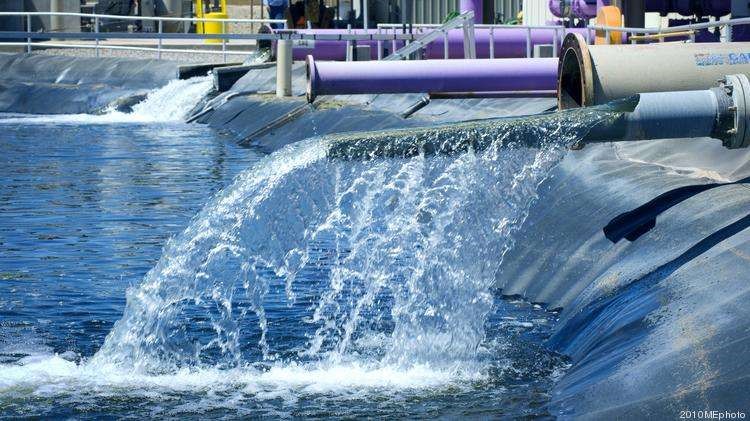
Water management is essential for sustaining human life, agricultural productivity, industrial processes, and environmental balance. Effective water management ensures that water resources are used efficiently, sustainably, and equitably. The key principles of water management guide the planning, distribution, and utilization of water resources, focusing on the long-term health of ecosystems and communities. Here are the core principles that form the foundation of successful การบริหารจัดการน้ำ (Water management).
1. Sustainability
Sustainability is the cornerstone of water management. It emphasizes the need to use water resources in a way that meets current demands without compromising the ability of future generations to meet their needs. This principle encourages practices that protect and preserve water bodies, such as reducing pollution, promoting conservation, and ensuring that water withdrawal does not exceed natural replenishment rates. Sustainable water management also involves planning for the impacts of climate change, such as droughts and floods, to maintain the long-term viability of water supplies.

2. Integrated Water Resources Management (IWRM)
IWRM is a holistic approach that coordinates the development and การบริหารจัดการน้ำ (Water management), land, and related resources to maximize economic and social welfare without compromising the sustainability of vital ecosystems. This principle advocates for the inclusion of all stakeholders governments, communities, industries, and environmental groups in decision-making processes. IWRM promotes the integration of water management across different sectors, such as agriculture, energy, and urban development, to ensure that water resources are used efficiently and equitably.
3. Equity and Accessibility
Equitable access to water is a fundamental principle of water management. It ensures that all individuals, regardless of socio-economic status, geographic location, or cultural background, have access to sufficient, safe, and affordable water for their needs. This principle also addresses gender equity, recognizing that women often play a central role in water collection and management in many communities. Policies and programs must be designed to eliminate disparities in water access and ensure that vulnerable populations are not disproportionately affected by water scarcity or pollution.
4. Efficiency
Efficiency in water management involves optimizing the use of water resources to achieve the highest possible output with the least amount of waste. This principle encourages the adoption of water-saving technologies, such as drip irrigation in agriculture and water-efficient appliances in households and industries. It also promotes the reuse and recycling of water, reducing the demand for fresh water and minimizing the environmental impact of water extraction and wastewater discharge.







